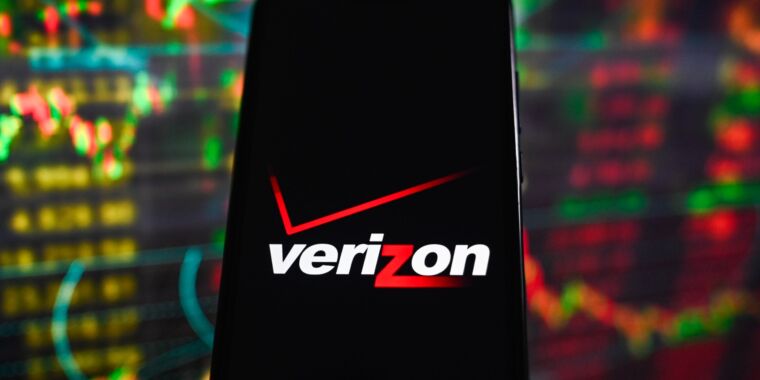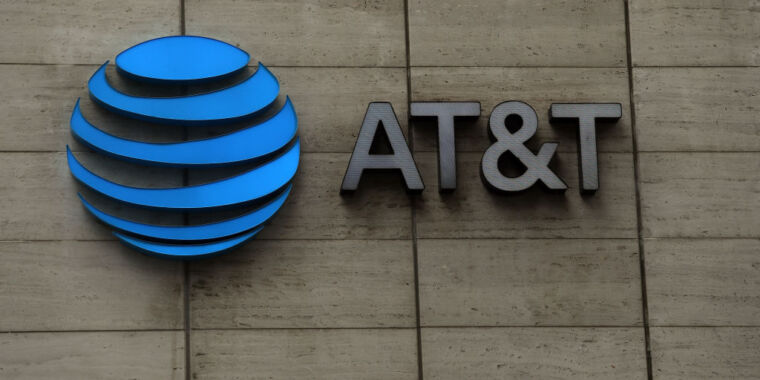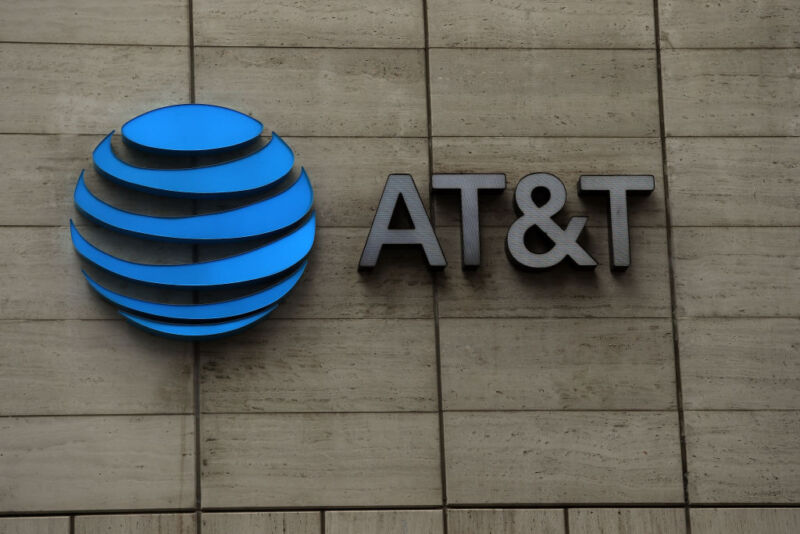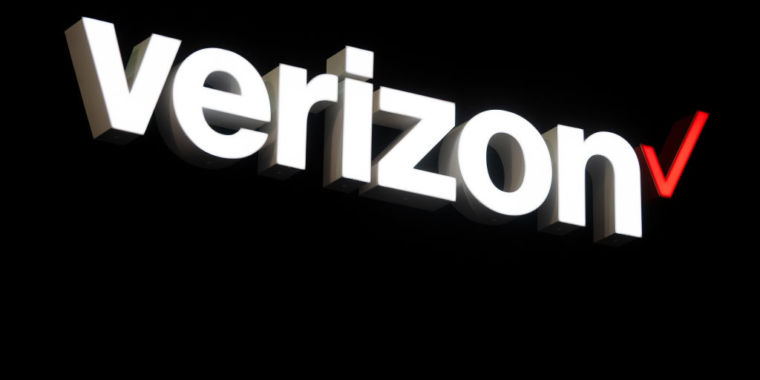Big Three carriers pay $10M to settle claims of false “unlimited” advertising
False advertising —
States obtain settlement, but it’s unclear whether consumers will get refunds.

Verizon
T-Mobile, Verizon, and AT&T will pay a combined $10.2 million in a settlement with US states that alleged the carriers falsely advertised wireless plans as “unlimited” and phones as “free.” The deal was announced yesterday by New York Attorney General Letitia James.
“A multistate investigation found that the companies made false claims in advertisements in New York and across the nation, including misrepresentations about ‘unlimited’ data plans that were in fact limited and had reduced quality and speed after a certain limit was reached by the user,” the announcement said.
T-Mobile and Verizon agreed to pay $4.1 million each while AT&T agreed to pay a little over $2 million. The settlement includes AT&T subsidiary Cricket Wireless and Verizon subsidiary TracFone.
The settlement involves 49 of the 50 US states (Florida did not participate) and the District of Columbia. The states’ investigation found that the three major carriers “made several misleading claims in their advertising, including misrepresenting ‘unlimited’ data plans that were actually limited, offering ‘free’ phones that came at a cost, and making false promises about switching to different wireless carrier plans.”
“AT&T, Verizon, and T-Mobile lied to millions of consumers, making false promises of free phones and ‘unlimited’ data plans that were simply untrue,” James said. “Big companies are not excused from following the law and cannot trick consumers into paying for services they will never receive.”
States have options for using money
The carriers denied any illegal conduct despite agreeing to the settlement. In addition to payments to each state, the carriers agreed to changes in their advertising practices. It’s unclear whether consumers will get any refunds out of the settlement, however.
The settlement gives states leeway in how to use the payments from carriers. The payments can be used to cover “attorneys’ fees and other costs of investigation and litigation,” or can go toward “consumer protection law enforcement funds.”
States can use the payments for future consumer protection enforcement, consumer education, litigation, or a consumer aid fund. The money can also be used for “monitoring and potential enforcement” of the settlement terms “or consumer restitution,” the settlement says.
We asked James’ office about whether any consumer restitution is planned and will update this article if we get a response.
Advertising restrictions
The three carriers agreed that all advertisements to consumers must be “truthful, accurate and non-misleading.” They also agreed to the following changes, the NY attorney general’s office said:
- “Unlimited” mobile data plans can only be marketed if there are no limits on the quantity of data allowed during a billing cycle.
- Offers to pay for consumers to switch to a different wireless carrier must clearly disclose how much a consumer will be paid, how consumers will be paid, when consumers can expect payment, and any additional requirements consumers have to meet to get paid.
- Offers of “free” wireless devices or services must clearly state everything a consumer must do to receive the “free” devices or services.
- Offers to lease wireless devices must clearly state that the consumer will be entering into a lease agreement.
- All “savings” claims must have a reasonable basis. If a wireless carrier claims that consumers will save using its services compared to another wireless carrier, the claim must be based on similar goods or services or differences must be clearly explained to the consumer.
The advertising restrictions are to be in place for five years.
T-Mobile provided a statement about the settlement to Ars today. “After nine years, we are glad to move on from this industry-wide investigation with this settlement and a continued commitment to the transparent and consumer-friendly advertising practices we’ve undertaken for years,” T-Mobile said.
AT&T and Verizon declined to comment individually and referred us to their lobby group, CTIA. “These voluntary agreements reflect no finding of improper conduct and reaffirm the wireless industry’s longstanding commitment to clarity and integrity in advertising so that consumers can make informed decisions about the products and services that best suit them,” the wireless lobby group said.
Big Three carriers pay $10M to settle claims of false “unlimited” advertising Read More »








